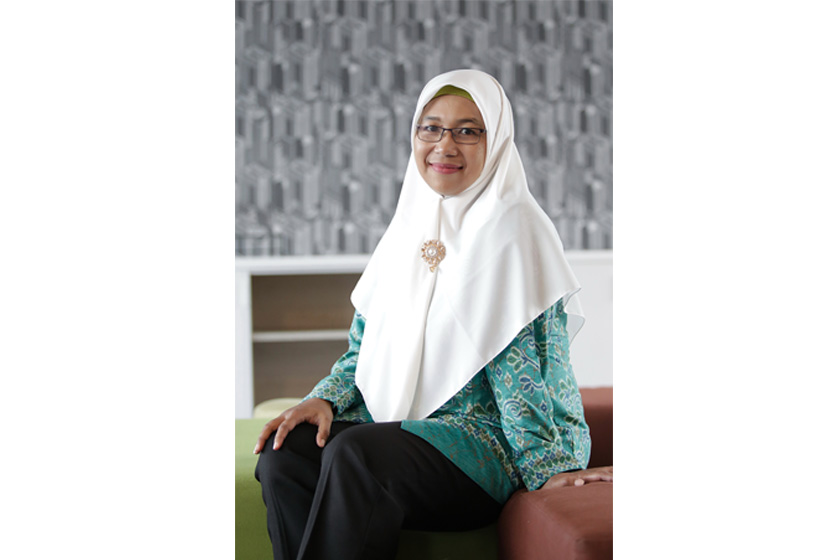Project Leader: Muliyana Arifudin
University of Origin: Master, The University of Melbourne
Collaborating Organisations: -
Project Locations : Manokwari Selatan, Bintuni, Sorong and Sorong Selatan
Activity Type : Academic research and research-related activities
Sector : Natural Resource Management, Forestry
Project Rationale:
In West Papua, there are several major wood species that have been well known in the international market. Their uses are various, depending on their density; as materials for constructions, meubles and furnitures. High production of these wood species in different stages of timber-processing industries has resulted in the generation of large amounts of waste, in forms of sawdust, chips, shavings, barks etc. In addition to incineration, those solid wastes are dominantly disposed of, potentially posing detrimental impacts to the environment.
Indonesia has the largest Sago Forest in the world, in which around 85% of the national sago forest areas are naturally grown in Papua and West Papua. Sago, one of Non Wood Forest Products (NWFPs), is a staple food of
Australia Global Alumni 20 community in these regions. Local community are generally processed sago into local foods and consumed them in the forms of sago porridge (traditionally called papeda) and grilled sago (locally named sagu bakar). In West Papua, sago is produced in Sorong, Sorong Selatan, Raja Ampat and Bintuni Regencies. High production of sago also generates great amount of biomass, such as leaves, branches, sago bark and sago pulp. Utilization of these solid wastes is still low, potentially lead to environmental problem.
Energy consumption in West Papua still depends on fossil fuels, such as petrol, kerosene, and petroleum-gas. However, accessibility of fossil fuel for the community in Papua Barat is still limited, sometimes because of its scarce availability or late distribution. The utilization of all kinds of solid waste from both wood and sago have not optimized yet, specifically as alternative energy source. Application of technology is necessary to convert these materials into energy products.
Project Description:
There are several technologies for biomass conversion, such as carbonization, gasification, pyrolysis and densification. Densification is used to generate briquette or pellet. This process increases biomass density by compression, resulting in improving calorific value of the product. In Indonesia, pellet has been commercially produced in several cities. However, in Papua/West Papua, pellet for energy has not been widely known in the community while the availability of both wastes of wood sawdust and sago pulp is very abundant. Therefore, the proposed project is a research which initiates to convert wood sawdust or sago pulp into pellet which will be used as sustainably alternative energy.
Research methodology is divided into 2 parts:
1. Experiment to produce pellet from wood sawdust and sago pulp using pelletizer machine, measure the properties of the pellets (physical, chemical and micro-structure characteristics as well as calorific value) and identify the quality of pellet according to SNI Standard.
2. Research on the potency of industrial wastes of wood and sago. This research will be conducted by survey (field observation, sample measurement, and interview) the amount of solid waste generated from wood- or sago processing industries in several Regencies, such as Manokwari Selatan, Bintuni, Sorong, and Sorong Selatan.
The result of this research will be applied to introduce bio-pellet to the community. Bio-pellet is expected to be a future energy source in West Papua, as a valuable subtitute for fossil fuel. The utilization of this product eventually will address the problem of less managed solid waste from wood/sago processing industries as well as the problem of limited availability of fossil fuels in West Papua Regions.
Project Beneficiaries:
3 researchers of bio-pellet
Priority Development Area:
Economic institutions and infrastructure
Links with Australia:
-


 Pellet Made of Wood Sawdust and Sago Pulp as A Bio-Energy Source and Its Potential Development in West Papua
Pellet Made of Wood Sawdust and Sago Pulp as A Bio-Energy Source and Its Potential Development in West Papua
